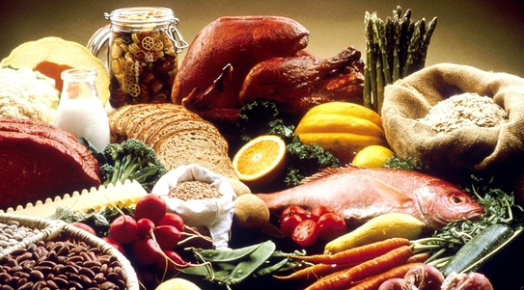Dr. Saurabh Sethi shares the worst everyday foods linked to cancer risk, from processed meats to sugary drinks and why they should be avoided.

While no single food directly causes cancer, certain dietary choices can significantly increase the risk. Dr. Saurabh Sethi, a California-based gastroenterologist trained at AIIMS, Harvard, and Stanford University, highlighted this in a June 9 Instagram post, where he revealed what he considers the worst food for cancer risk.
“Did you know that some of the most common everyday foods are scientifically linked to increased cancer risk? Here are some major food culprits that you must reduce or eliminate from your diet, especially if you’re serious about long-term health,” Dr Sethi wrote in the caption. Let’s take a closer look at what he recommends:
View this post on Instagram
Worst food for overall cancer risk: Ultra-processed meats
These include items like sausages, hot dogs, bacon, and deli meats. Rich in preservatives and additives like nitrates and nitrites, they have been classified as Group 1 carcinogens by the World Health Organisation, the same category as tobacco.
Worst food for cancer progression: Sugary drinks
Regular consumption of sodas, energy drinks, and sweetened beverages can spike insulin levels, lead to weight gain, and increase inflammation, all of which are known to support cancer cell growth and progression.
Worst food for inflammation: Deep-fried foods
Foods that are deep-fried in reused or heavily processed oils produce harmful compounds like acrylamide and trans fats. These not only promote inflammation but also create oxidative stress in the body, both linked to higher cancer risk.
Worst food for DNA damage: Charred or burnt meats
Cooking meats at high temperatures, especially over an open flame, can create carcinogenic compounds such as heterocyclic amines (HCAs) and polycyclic aromatic hydrocarbons (PAHs), which have been shown to damage DNA and potentially trigger cancerous mutations.
Worst food for hormone-related cancers: Alcohol
Even moderate alcohol intake has been linked to an increased risk of breast, liver, and colorectal cancers. Alcohol can disrupt hormone levels, particularly estrogen, and also produce a toxic byproduct called acetaldehyde, which damages DNA.







